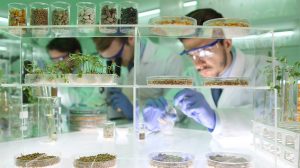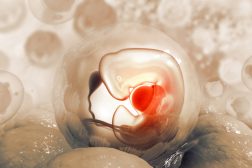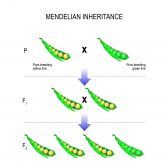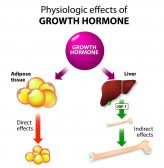Definition
noun
A disorder marked by the inflammation of the intestines particularly the colon, and hemorrhagic diarrhea
Supplement
Dysentery is a condition in which the intestines, especially the colon, became inflamed often due to the presence of pathogenic bacteria, viruses, protozoa, and parasitic worms. It is accompanied by fever, abdominal pain, rectal tenesmus, foul-smelling stool, and hemorrhagic diarrhea (frequent stools containing blood). The large intestine is the common site of infection and the pathogens and the parasites reach the site when contaminated food, water, or objects are ingested. The presence of these pathogens activates the inflammatory immune response, which in turn causes cramps due to edema (i.e. water leaking from the intestinal capillaries) and damage to the intestinal lining due to the release of cytokines as a natural immune defense mechanism of the host as well as due to the cytotoxin released by certain pathogens, e.g. Shigella. Other pathogens, such as viruses, attack the intestinal cells causing direct damage to the intestine. Due to the damaged intestinal lining there is a malabsorption of nutrients and water. The excess water in the intestinal lumen is released during fecal evacuation and therefore results in a watery stool.
Word origin: Greek enteron (intestine)
See also:
- diarrhea
- colon
Related term(s):







